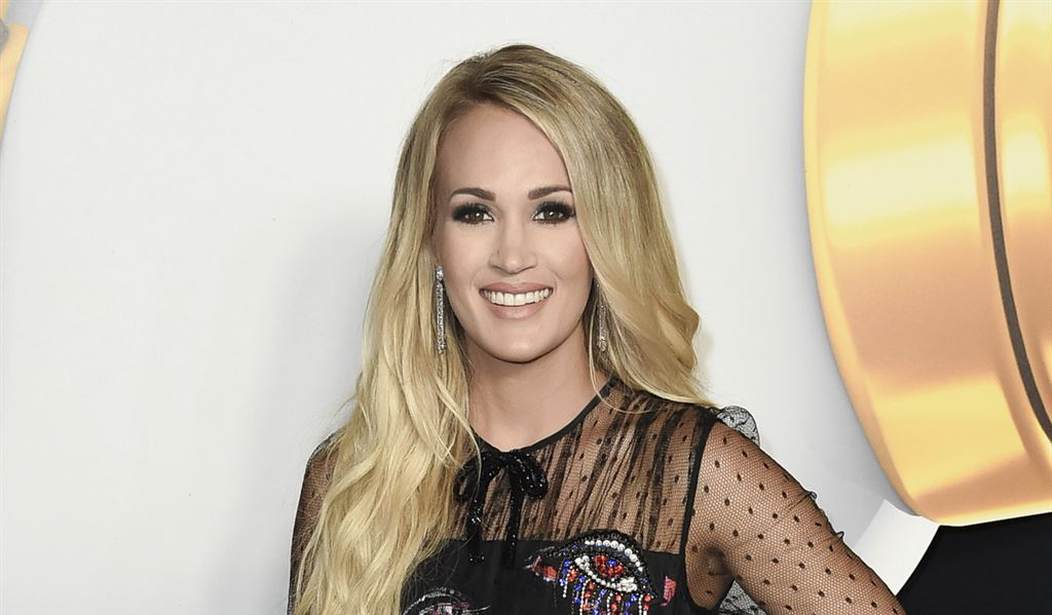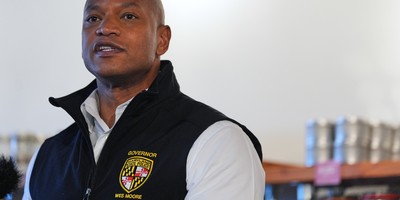On May 31, as protests and looting hit large cities and the airwaves filled with talk about the great need for racial reconciliation, I happened to be in Checotah, Okla. The city of 3,481 is the “Steer Wrestling Capital of the World”—and 3½ miles northeast of it lies the site of the most racially diverse battle ever fought on U.S. soil.
Let’s start with a civil war that we hope was America’s last. On July 17, 1863, smoke billowed and cannons roared when nearly 3,500 Union soldiers defeated 6,000 Confederates. Native Americans representing 13 tribes fought on both sides. The 1st Kansas Volunteer Infantry (Colored) demonstrated the fighting abilities of African Americans when it defeated Texas cavalrymen.
Runaway former slaves from Missouri made up the bulk of the first African American unit to see combat during the Civil War, so July 17 was a day of revenge. Confederates blamed their loss on inferior weapons: obsolete smoothbore muskets and flintlock shotguns, compared with the Springfield rifles and 12 cannons of the Union troops. A rain squall also left them with wet gunpowder.
Nevertheless, it rained on both armies. Union Gen. James G. Blunt declared, “I never saw such fighting as was done by the Negro regiment. … They make better soldiers in every respect than any troops I have ever had under my command.” George Washington Grayson, who became a Creek chieftain, said Southern Gen. Douglas Cooper was incompetent. Cherokee leader Stand Watie replaced Cooper and gained promotion to brigadier general. Many WORLD members have read the Newbery Medal–winning novel “Rifles for Watie.”
Few, though, may know the history of steer wrestling, also known as bulldogging: I certainly did not. If you’ve never seen its five seconds of intense action: A cowboy rides his horse alongside a longhorn, leaps onto it, grabs the horns, and wrestles to the ground its 450–650 pounds. (Note to animal rights advocates: Cowboys often suffer injury in the process, but a survey of 60,971 rodeo animal performances indicated only 0.04 percent of the animals—27 in all—were hurt.)
Recommended
Fans often credit the rodeo sport’s invention to America’s most famous black cowboy, Bill Pickett, who was born in Austin 150 years ago this December. National Cowboy Hall of Fame member Pickett headlined the Pickett Brothers Bronco Busters and Rough Riders Show that toured fairs and rodeos: Some say he once bit the lip of a recalcitrant steer. Pickett died at age 61 when a horse kicked him in the head.
The “World’s Largest Jackpot Steer Wrestling” contest in May would have brought 300 cowboys to Roy Duvall’s arena 4 miles west of Checotah, but COVID-19 this year did what steers for the previous 28 years could not: It kept cowboys home on the range. Since I couldn’t watch the show, I read about Duvall, who a half century ago earned the Professional Rodeo Cowboys Association world title in steer wrestling three times. He qualified to the National Finals Rodeo a record 24 times.
All the aches and pains that resulted had consequences. Duvall told The Oklahoman in 2012: “Back then, everybody in the rodeo business drank. Well, I got started drinking and went through about an 11-year period that I got pretty bad. [Once] I was messed up so bad drinking I could hardly see the steer. I made a lot of money, but I threw a lot of money away gambling and drinking.”
God intervened: “I got saved 28 years ago in Cheyenne, Wyo., and have been going to church ever since. I try to tell all these young cowboys that they sure need to get saved and live right.” Duvall wrestled his last longhorn in 2007: “You know that makes you feel good if you are right at 65 years old and you can still throw them steers.”
I have room only to mention Checotah’s other claim to fame: It’s singer Carrie Underwood’s hometown. Her “I Ain’t in Checotah Anymore” is a remarkable song about feelings of ambivalence toward success: “I’m in a world so wide … I miss the big blue skies.” Take a YouTube listen, please.

























Join the conversation as a VIP Member